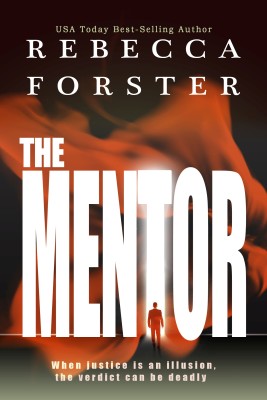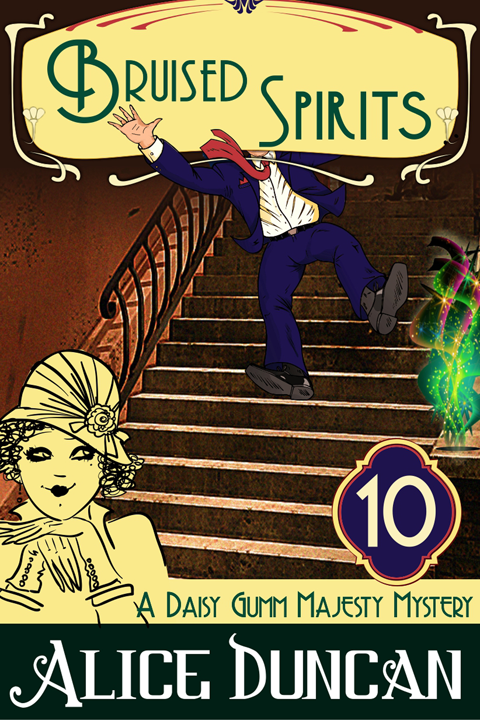Say What You Mean by Veronica Jorge
October 22, 2017 by Veronica Jorge in category Write From the Heart by Veronica Jorge tagged as comprehension, language meaning, say what you mean, Veronica Jorge, Write from the heart We’ve all heard the saying, “Say what you mean and mean what you say,” but how do you effectively achieve that?
We’ve all heard the saying, “Say what you mean and mean what you say,” but how do you effectively achieve that?
Did you ever relate a hysterical event….that no one got? And you had to end with the lame, “Well, you had to be there.”
Or tell a joke and no one laughed? Awkward.
Yet a comedic master has you laughing before they even reach the punch line. You enjoy it so much that you repeat it over and over again because they made you “get it.” What’s more, they made you feel like it’s your own; like you were there.
At other times you speak clearly; or so you think, but the hearer is offended. You say, “That’s not what I meant,” and are hard-pressed to explain what you were actually trying to convey. The confusion increases. You only make it worse.
Once the words are out, whether verbal or written, there is no edit or undo.
So what is it about language that makes it comprehensible to some but not to others? And how can you ensure that what you say is what will be understood; that the meaning or emotion you intended is the one received?
In the children’s story, Amelia Bedelia by Peggy Parish, illustrated by Fritz Seibel, plain language turns a household topsy-turvy.
Amelia is hired as a domestic aide. The homeowners leave her a clear list of the chores she should complete while they are out. She follows the written instructions accurately.
“Draw the curtains.” Amelia sketches them perfectly.
“Put out the lights.” She neatly strings the bulbs out on the clothes line.
“Dust the furniture.” She finds the powder puff and chooses a lovely scented dusting powder.
“Dress the chicken.” I think you can guess what she does with that one.
All the while, Amelia marvels at her employer’s strange ways.

Humorous to be sure, but it addresses the need for a higher standard of writing that preserves the integrity of language where words convey what they mean.
In his 1946 essay, Politics and the English Language, George Orwell wrote, “Language becomes inaccurate because our thoughts are foolish, but the slovenliness of our language makes it easier for us to have foolish thoughts.” Ouch!
He continues, “The writer has a meaning but can’t express it or inadvertently says something else due to a mixture of vagueness and incompetence.” Double ouch!
Orwell exhorts the writer to first get the meaning clear through pictures and sensations. Then choose the word or phrase that best fits the meaning. (Easy for him to say).
But he does help to answer the question of how to say what we mean and he sums it up in one word, “Sincerity.” Language, he explains, is an instrument for expressing thought therefore, he concludes, the great enemy of clear language is insincerity.
[tweetshare tweet=”Say What You Mean by Veronica Jorge” username=”A_SliceofOrange”]
Orwell’s essay was challenging and biting; a bright light that pointed out my short-comings in prose, (both written and spoken). Yet it affirmed my commitment to write from the heart and validated that I am on the right path.
Now I just have to figure out how to pull it all together!
See you next time on November 22nd.

Veronica Jorge
Manager, Educator, and former High School Social Studies teacher, Veronica credits her love of history to the potpourri of cultures that make up her own life and to her upbringing in diverse Brooklyn, New York. Her genres of choice are Historical Fiction where she always makes new discoveries and Children’s Picture Books because there are so many wonderful worlds yet to be imagined and visited. She currently resides in Macungie, PA.
0 0 Read moreAffiliate Links
A Slice of Orange is an affiliate with some of the booksellers listed on this website, including Barnes & Nobel, Books A Million, iBooks, Kobo, and Smashwords. This means A Slice of Orange may earn a small advertising fee from sales made through the links used on this website. There are reminders of these affiliate links on the pages for individual books.
Search A Slice of Orange
Find a Column
Archives
Featured Books
BRUISED SPIRITS
It's 1924 and Daisy Gumm bands with friends to help Lily Bannister, whose abusive husband nearly killed her.
More info →ROAD TO YOU
Investigative reporter Gemma Wade has been dispatched to her own personal purgatory—small town Marietta, Montana—to write a fluffy, romantic piece about the unprecedented spike in marriages there.
More info →THE FLING
Every woman is beautiful. Sometimes it just takes the right man to show you just how beautiful you are.
More info →Newsletter
Contributing Authors
Search A Slice of Orange
Find a Column
Archives
Authors in the Bookstore
- A. E. Decker
- A. J. Scudiere
- A.J. Sidransky
- A.M. Roark
- Abby Collette
- Alanna Lucus
- Albert Marrin
- Alice Duncan
- Alina K. Field
- Alison Green Myers
- Andi Lawrencovna
- Andrew C Raiford
- Angela Pryce
- Aviva Vaughn
- Barbara Ankrum
- Bethlehem Writers Group, LLC
- Carol L. Wright
- Celeste Barclay
- Christina Alexandra
- Christopher D. Ochs
- Claire Davon
- Claire Naden
- Courtnee Turner Hoyle
- Courtney Annicchiarico
- D. Lieber
- Daniel V. Meier Jr.
- Debra Dixon
- Debra H. Goldstein
- Debra Holland
- Dee Ann Palmer
- Denise M. Colby
- Diane Benefiel
- Diane Sismour
- Dianna Sinovic
- DT Krippene
- E.B. Dawson
- Emilie Dallaire
- Emily Brightwell
- Emily PW Murphy
- Fae Rowen
- Faith L. Justice
- Frances Amati
- Geralyn Corcillo
- Glynnis Campbell
- Greg Jolley
- H. O. Charles
- Jaclyn Roché
- Jacqueline Diamond
- Janet Lynn and Will Zeilinger
- Jaya Mehta
- Jeannine Atkins
- Jeff Baird
- Jenna Barwin
- Jenne Kern
- Jennifer D. Bokal
- Jennifer Lyon
- Jerome W. McFadden
- Jill Piscitello
- Jina Bacarr
- Jo A. Hiestand
- Jodi Bogert
- Jolina Petersheim
- Jonathan Maberry
- Joy Allyson
- Judy Duarte
- Justin Murphy
- Justine Davis
- Kat Martin
- Kidd Wadsworth
- Kitty Bucholtz
- Kristy Tate
- Larry Deibert
- Larry Hamilton
- Laura Drake
- Laurie Stevens
- Leslie Knowles
- Li-Ying Lundquist
- Linda Carroll-Bradd
- Linda Lappin
- Linda McLaughlin
- Linda O. Johnston
- Lisa Preston
- Lolo Paige
- Loran Holt
- Lynette M. Burrows
- Lyssa Kay Adams
- Madeline Ash
- Margarita Engle
- Marguerite Quantaine
- Marianne H. Donley
- Mary Castillo
- Maureen Klovers
- Megan Haskell
- Melanie Waterbury
- Melisa Rivero
- Melissa Chambers
- Melodie Winawer
- Meriam Wilhelm
- Mikel J. Wilson
- Mindy Neff
- Monica McCabe
- Nancy Brashear
- Neetu Malik
- Nikki Prince
- Once Upon Anthologies
- Paula Gail Benson
- Penny Reid
- Peter J Barbour
- Priscilla Oliveras
- R. H. Kohno
- Rachel Hailey
- Ralph Hieb
- Ramcy Diek
- Ransom Stephens
- Rebecca Forster
- Renae Wrich
- Roxy Matthews
- Ryder Hunte Clancy
- Sally Paradysz
- Sheila Colón-Bagley
- Simone de Muñoz
- Sophie Barnes
- Susan Kaye Quinn
- Susan Lynn Meyer
- Susan Squires
- T. D. Fox
- Tara C. Allred
- Tara Lain
- Tari Lynn Jewett
- Terri Osburn
- Tracy Reed
- Vera Jane Cook
- Vicki Crum
- Writing Something Romantic
Affiliate Links
A Slice of Orange is an affiliate with some of the booksellers listed on this website, including Barnes & Nobel, Books A Million, iBooks, Kobo, and Smashwords. This means A Slice of Orange may earn a small advertising fee from sales made through the links used on this website. There are reminders of these affiliate links on the pages for individual books.







































